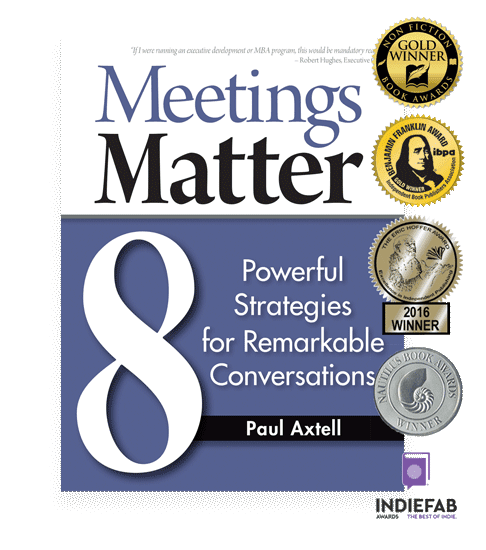Q&A with Paul Downs, Author of Boss Life (Part II)
Paul Downs started making custom furniture in 1986, shortly after graduating from the University of Pennsylvania with a degree in engineering. Downs has only one line on his résumé, but he has a wide variety of skills gained in twenty-five years of running his business. His clients range from individuals and small businesses to Fortune 500 companies, all branches of the military, and foreign governments. A regular contributor to both Forbes and the New York Times, Downs lives with his wife and three sons outside of Philadelphia. His latest book, Boss Life: Surviving My Own Small Business, was a Forbes Best Book of the Year and Winner of 8CR Award.
Part I of this interview appeared January 5, 2018. Click here.
Axtell: Being a first time supervisor or boss is really tough. What advice do you have for those who just realized there are no instructions.
Downs:
Be optimistic. It will help you find a way to get through the inevitable difficulties, and it’s essential to project confidence to those around you. If you are not an optimistic person, either develop a new persona or reconsider being a boss.
Starting a business and running a business are two different things. The work involved in opening the doors is more creative. You will be experimenting constantly, and many of the things you try will fail. The work involved in ongoing operations is more about care taking and management. Ideally, you will work out a set of procedures that are effective and sustainable and produce profit. If you can arrive at that happy situation, then the longer you are in business, the easier it gets. However, it can take a long time—I didn’t really start to get good at my business until I had been at it for more than 25 years.
Always stay calm in front of your workers and customers. Even in the worst situations, keep ahold of yourself.
If you are the boss: Your actions every day create the culture in your company. Do you want honest, loyal, hardworking people? Be that yourself. Don’t tolerate anything else from yourself or any of your people. If you are a supervisor: there will be many things out of your control. Work with what you’ve got to encourage your crew.
Most people are good, and will perform well in the right environment. Some people are not. Get rid of them as soon as you can. Bad workers can poison a workplace.
Praise people when they are doing a good job. Spread the praise around, or you will be perceived as having favorites. Criticize people in private, unless it is a formal disciplinary meeting (see above.) Then you need a witness.
If you are the boss: Find someone outside of your organization to confide in about work issues. Don’t talk about employee issues with your other workers if you can possibly avoid it. If you are a supervisor: you should have someone within the organization to provide training and guidance. If you don’t, look for it.
Axtell: What agreements or rules to live by would you put in place if you were just starting out as a first-time boss?
Downs: If your work is destroying your personal life, change course. If your work is bankrupting you, change course. If your work is making you sick, change course. If you aren’t cut out to be a boss, it’s OK to stop. The boss life is difficult and not for everyone. There’s no shame in admitting that it’s not working out.
Axtell: Would I be happier if my life had more security?
Downs: The short answer: security is an illusion, nobody really has any. Bad luck comes in a million guises and can sting you and me as easily as anyone else.
The long answer: In my mind, security has two aspects: agency and resource. Agency is whether I have the freedom to act as a I wish, as opposed to having the will of others imposed on me. As a boss, I’ve always had plenty of agency. I’m in control of myself and make decisions as I wish. It’s been very satisfying, and it makes me very happy. If the deal was that I would be more subject to the control of others, with more money guaranteed, I’d probably be less satisfied. I’ve been a boss my whole life because, at root, I don’t like to be told what to do.
As for resource: I believe that most of us are wired to want more than whatever amount we have, and also designed so that the satisfaction of gaining more quickly wears off. I know I feel this way myself. I’ve become richer over the years, and have now far outpaced the average American. By any objective metric, I’ve achieved a level of wealth that should make me feel secure. But I don’t. Extrapolating, it’s unlikely I will feel much different if my wealth continues to increase. So I probably wouldn’t be much happier if I got richer.
The real answer: I’m happy already. I’ve been blessed with more than I or anyone deserves. Even thinking about improving my situation further is hubris.
Part 1
























































